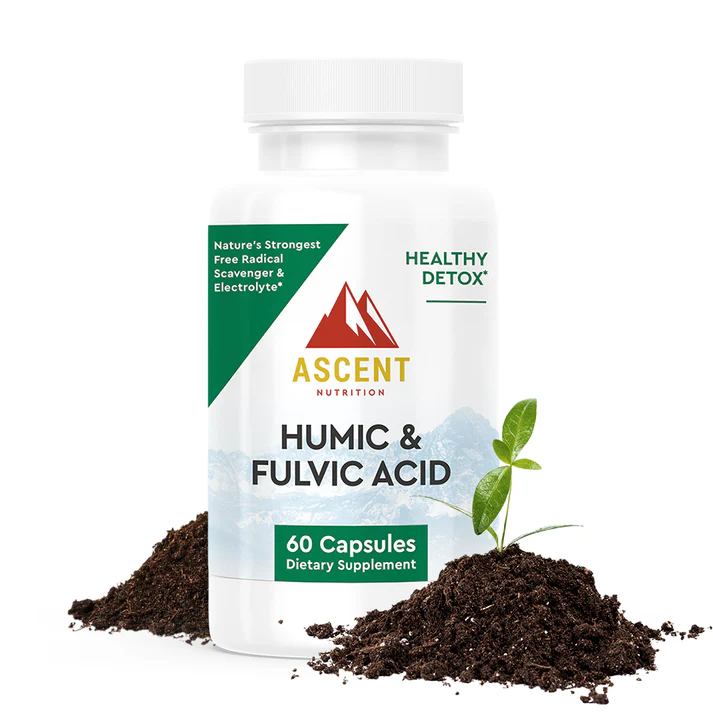(Neuroscience News) While there’s a lack of data on the Australian lockdown experience, a study on Italians who were locked down for about two months last year found an increase in distractions and mind wandering was common.
Related Republican Rep. Offers Two Good Reasons Why Joe Biden Should Be Impeached
by Staff Writer, August 11th, 2021
Professor Brett Hayes from UNSW’s School of Psychology says that a study of 4000 respondents found 30 percent had experienced some degree of change in their everyday cognition.
Some of the common everyday problems were memory problems, such as where you left your mobile phone, trouble in focusing your attention, and losing focus when trying to read a book or watching something online.
“Literally starting one job and without thinking about it, going off and starting a second job without finishing the first one,” the cognitive psychologist says.
“It was also worst for people who had emotional issues, who were feeling depressed, or stressed and anxious, they had more of these symptoms.
“But even for those without those issues, these cognitive issues were very common.”
How the brain lays down memories
The study suggests the reason why our everyday memory gets worse in lockdown is because we are living through a sort of Groundhog Day, which in turn makes it harder for our brain to lay down memories and retrieve them later on.
“What we know about human memory is that the context is really important. You might be doing a job at home, chatting to a friend, or watching a movie,” Prof. Hayes says.
“When we have those experiences, we might be focused on the main part of the experience, but our brain is actually encoding a lot of other things just incidentally, like where that’s happening, the location, where and when it’s taking place.”
He says our brain is sensitive to this background context, which helps us lay down our memories in a way that it’s easy for us to retrieve those experiences later on.
“So when the context is changing, which is does normally in everyday life when we are moving around and visiting different places in different times of the day, then it’s easy to lay down memories and recall them,” Prof. Hayes says.
“But when you are in lockdown, your opportunities to move around in the environment and engage in different activities are very limited.
“And when you do get into that Groundhog Day cycle, just variations on the same thing each day, that’s when the days do tend to start blurring into each other, because we have the same context for each day.”
This makes it harder for our brain to separate those experiences and that’s one of the reasons why we experience memory fog during lockdown, he says.
Recovery is quick when restrictions ease
A study on a two-month lockdown in Scotland last year tasked recipients with online tasks to test their memory, decision making and selective attention.
They found performance was poorer during lockdown, but once restrictions were eased, particularly the social isolation, they recovered quite quickly.
Levels of social interaction during lockdown were also correlated with cognitive performance.
“People who were able to maintain their online interaction more during lockdown did better at these tasks,” he says.
“So complete isolation is really very bad for our cognitive functioning, but if we can keep up that level of interaction to some degree with whoever is in our house or online, that seems to be good for our cognitive functioning.”
Researchers have also found that people who had conversations within the last three days were a bit more protected from cognitive issues during long lockdown.
Other studies are looking at how people’s options are limited in COVID and have pointed to the importance of having a bit of variation and exercise every day.
“From a memory point of view, if you are able to exercise outside the house, vary those exercise paths from day to day to just to allow a different context for your brain to encode those different days, if you want to be able to remember what you did from day to day a bit better,” Prof. Hayes says.
Change your exercise routine
Variations on exercises and activities in your house or apartment will also help you avoid the memory fog.
Prof. Hayes says there’s a close connection between good cognitive ability and physical activity.
“So keeping up regular exercise is good to try and keeping our memory and decision making in shape as much as you can during lockdown.
“There’s some evidence that even if you are really restricted – even doing something like playing
Exergames (online exercise games) where you watch a screen and jump around, that does show some benefits.
“The nice thing is that you can play with your family and so there’s a social dimension as well.”
Online yoga and dancing were things that people reported as part of their activity which he says seemed to have a beneficial effect on cognition.
“While there hasn’t been time to conduct research on the long term effects of lockdowns on memory, the evidence so far shows that as restrictions are eased, these cognitive issues should improve,” he says.
Save 10% and get free shipping with a subscription!Fight viruses, remove heavy metals and microplastics, and restore your gut all at once with
Humic and Fulvic Acid from Ascent Nutrition.
MUST HAVE DETOX POWERHOUSE!
Stillness in the Storm Editor: Why did we post this?
The news is important to all people because it is where we come to know new things about the world, which leads to the development of more life goals that lead to life wisdom. The news also serves as a social connection tool, as we tend to relate to those who know about and believe the things we do. With the power of an open truth-seeking mind in hand, the individual can grow wise and the collective can prosper.
– Justin
Not sure how to make sense of this? Want to learn how to discern like a pro? Read this essential guide to discernment, analysis of claims, and understanding the truth in a world of deception: 4 Key Steps of Discernment – Advanced Truth-Seeking Tools.
Stillness in the Storm Editor’s note: Did you find a spelling error or grammatical mistake? Send an email to [email protected], with the error and suggested correction, along with the headline and url. Do you think this article needs an update? Or do you just have some feedback? Send us an email at [email protected]. Thank you for reading.
Source:
https://neurosciencenews.com/isolation-cognition-19108/
Support our work! (Avoid Big Tech PayPal and Patreon)DIRECT DONATION


Leave a Reply